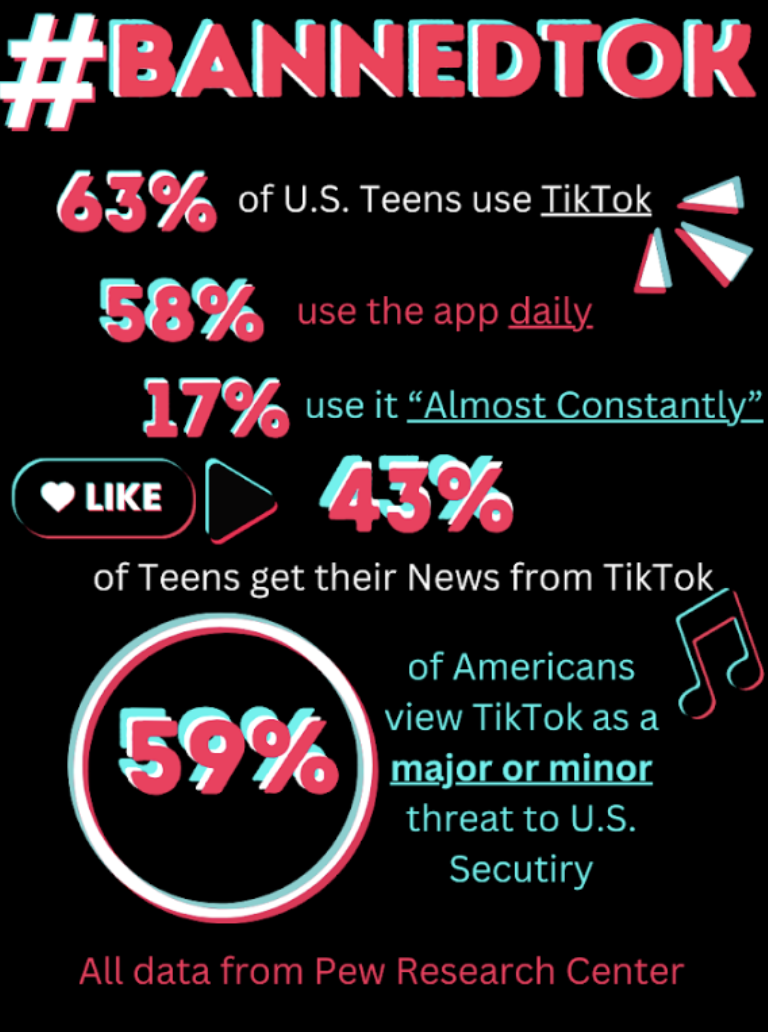By Claire Dinshaw ’17
Freedom of speech and the right to protest are two fundamental American rights. In an ideal world, all Americans would seek to protect both. However, recently, these two rights have been in opposition.
Enter conservative commentator Ben Shapiro. This year, Shapiro has spoken at several college campuses, but his occasionally extreme commentary regarding political correctness, transgender rights and liberal movements has incited controversy at each campus. His first scheduled appearance at California State University, Los Angeles (CSULA) was cancelled three days before the event. His second scheduled appearance at DePaul University resulted in a near arrest. His third scheduled appearance at the University of Wisconsin-Madison (UW) was disrupted by protesters.
Full disclosure: as a liberal, I am deeply bothered by many of Shapiro’s statements and opinions. I disagree with his belief that the words “white privilege, trigger warnings, microaggressions and safe spaces” have no place in our political discourse. I disagree with his statement, “The argument that gay marriage doesn’t affect straight marriages is a ridiculous red herring: Gay marriage affects society and law in dramatic ways.” I am insulted by the implication that the wage gap is a myth and that “things have never been better for women in the United States.”
Regardless, his series of tense encounters with college administrations and students provides an interesting litmus test for how colleges deal with controversial speakers.
First and foremost, no speaker, once scheduled, should ever find his or her appearance cancelled. The decision of college administrations to do this often rests in their fear of protests and disobedience during the speech. Effectively, by cancelling Shapiro’s appearance, college administrators are attempting to silence both Shapiro’s freedom of speech and the students’ freedom to protest.
However, once a speaker is on campus, there should be no restrictions on protests, no matter how disruptive. As long as all parties remain nonviolent, the right to protest should not be silenced.
It is important to note that Shapiro began his discussion at UW by holding up a diaper, implying that liberals were babies. Afterward, when protesters started to interrupt him by yelling “safety” or constructing a human wall blocking the stage, Shapiro seemed to feed the fire, giving his protesters the middle finger and writing “morons” on the chalkboard behind the stage. This was not a man who desired to begin an inclusive, respectful discussion.
How an individual deals with protesters is, in fact, part of who they are as a politician. When President Barack Obama was interrupted by protesters asking for him to halt deportations during an event in California, he stopped the protesters from being removed and then peacefully addressed them. When a Trump supporter heckled him in North Carolina, he asked the crowd to not “boo” and defended the man’s right to protest.
Going on the road as a political figure means dealing with people, both those who agree with you and those who disagree with you. Asking for protesters to be removed from an audience is like a doctor asking for a patient to stop bleeding; it sure would be nice, but the blood is part of the job.
If a protester is removed from an event, or asked to stay silent, then their right to protest is infringed upon. It is the speaker’s job, as the person standing behind the podium, as the person with authority, to control the crowd.
The exchange that occurred between protesters and Shapiro is not shameful or un-American, but the embodiment of American politics. In those brief minutes, Shapiro and the protesters were equals, regardless of Shapiro’s book contracts and nationally syndicated columns. In that moment, the freedom of speech and the right to protest were competing on equal ground.
That night, Shapiro could not control the crowd or get his message across to all parties. That’s on him. In the future, maybe he could take a lesson or two from Obama on how to properly address protesters.











































